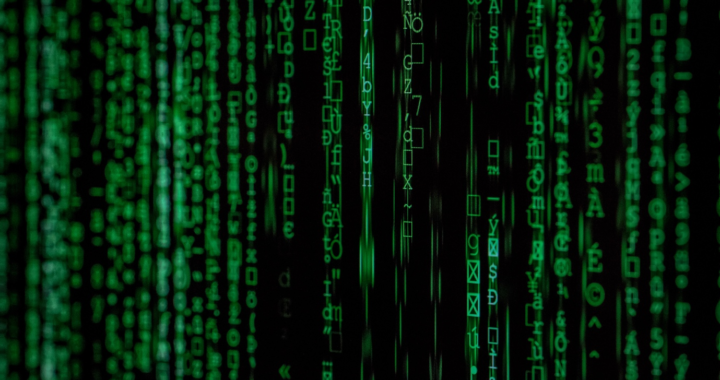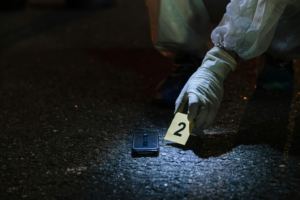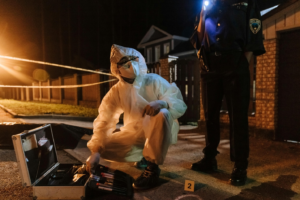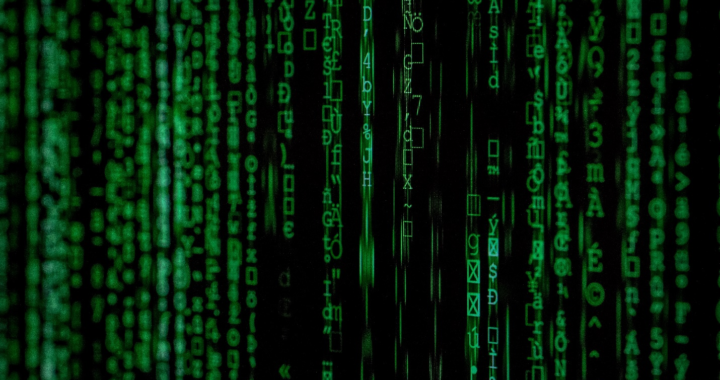In an era where technology evolves at a breakneck pace, the challenge of managing and safeguarding data is more pressing than ever. According to a recent study, the global data volume is expected to reach 175 zettabytes by 2025, an enormous leap from today’s levels.
This staggering growth underscores the critical need for advanced data protection and forensic solutions. As technology advances, so too must our strategies for ensuring the integrity and security of our data.
At Eclipse Forensics, we understand the imperative of staying ahead of these technological shifts. Our services in digital forensic analysis, including mobile device forensics and computer forensics, are designed to meet the evolving challenges of the digital age. By anticipating future technological trends, we prepare our clients for the complexities of tomorrow’s data environment.
In this blog, we will explore how forensic techniques are adapting to emerging technologies and why future-proofing your data is essential. We will cover the following topics:
- The impact of emerging technologies on data security
- How digital forensicsadapts to these changes
- The role of forensic experts in managing future data challenges
- Practical steps for future-proofing your data
Let’s dive into how our proactive approach helps secure your data against future threats.
The Impact of Emerging Technologies on Data Security
Emerging technologies like artificial intelligence (AI), the Internet of Things (IoT), and quantum computing are transforming the digital landscape. While these advancements offer significant benefits, they also introduce new challenges in data security and forensic analysis.
1. Artificial Intelligence (AI)

AI and Data Processing: Artificial Intelligence has revolutionized data processing by enabling systems to analyze and interpret vast amounts of data with unprecedented speed and accuracy.
AI algorithms can sift through enormous datasets to identify patterns, make predictions, and generate insights that were previously unattainable. This capability enhances efficiency and provides valuable insights for various applications, from business analytics to personal security.
AI-Driven Threats: However, the same AI technologies that drive innovation also pose new security challenges. Cybercriminals can leverage AI to develop sophisticated attack methods, such as:
Automated Phishing: AI can craft highly convincing phishing emails that are tailored to individual targets, making them harder to detect and more likely to succeed.
Deepfakes: AI-generated deepfakes can manipulate audio and video content to deceive users, potentially leading to misinformation or fraud.
AI-Enhanced Malware: AI can be used to create malware that adapts to defensive measures, making it more difficult to detect and neutralize.
Forensic Implications: To counter these threats, forensic experts need advanced tools capable of detecting and analyzing AI-driven attacks. This includes developing algorithms that can recognize patterns indicative of AI manipulation and employing machine learning techniques to identify anomalies in data. Forensic analysis must adapt to these evolving threats to effectively investigate and mitigate AI-related security breaches.
2. Internet of Things (IoT)
IoT Device Proliferation: The Internet of Things encompasses a vast network of connected devices, from smart home appliances to industrial sensors. Each IoT device collects and transmits data, contributing to a complex web of information that can be accessed remotely.
Security Risks: The proliferation of IoT devices introduces several security risks:
Increased Attack Surface: Each connected device represents a potential entry point for attackers. Vulnerabilities in any single device can be exploited to gain access to a broader network.
Data Privacy Concerns: IoT devices often collect sensitive personal data, which can be targeted by cybercriminals seeking to exploit this information.
Device Management Challenges: Ensuring that all IoT devices are properly secured and updated can be challenging, especially as the number of devices continues to grow.
Forensic Considerations: Addressing IoT security requires specialized forensic expertise. Forensic analysts must:
Analyze Device Data: Extract and examine data from a wide range of IoT devices to identify potential breaches or misuse.
Investigate Network Traffic: Monitor and analyze network traffic to detect unusual patterns or unauthorized access attempts involving IoT devices.
Develop Security Protocols: Work with manufacturers and organizations to develop and implement robust security protocols for IoT devices, ensuring that they are protected against known vulnerabilities.
3. Quantum Computing

Quantum Computing Capabilities: Quantum computing represents a significant leap in computational power, leveraging the principles of quantum mechanics to perform complex calculations at unprecedented speeds. This capability has the potential to revolutionize fields such as cryptography, optimization, and material science.
Impact on Encryption: One of the most profound implications of quantum computing is its potential to break traditional encryption methods. Quantum computers can solve problems that would take classical computers centuries to solve, including:
Breaking RSA Encryption: Quantum algorithms, such as Shor’s algorithm, can efficiently factor large numbers, potentially rendering RSA encryption, a widely used method for securing data, obsolete.
Cracking Symmetric Key Encryption: Quantum computers can also reduce the effective key length of symmetric encryption algorithms, making them less secure.
Contact Eclipse Forensics to ensure your data is secure and prepared for the future. Let us help you navigate the complexities of modern data security and protect your information against future challenges.
How Digital Forensics Adapts to Technological Changes
As technology evolves, so too does the field of digital forensics. Our approach at Eclipse Forensics involves continuously updating our methods and tools to keep pace with these changes.
- Advanced Forensic Tools: We invest in state-of-the-art tools and technologies that allow us to analyze data from the latest devices and platforms. Whether it’s mobile device forensicsor digital video forensics, our tools are equipped to handle the latest technological advancements.
- Expertise in Emerging Technologies: Our team of forensic experts stays informed about the latest trends and developments. This allows us to anticipate future challenges and adapt our methods accordingly. Whether it’s a cell phone forensics expert or a computer forensics expert witness, our professionals are equipped with the knowledge to handle emerging data security issues.
- Proactive Strategy: We adopt a proactive approach to data security, focusing not just on current threats but also on potential future risks. This involves regular updates to our forensic practices and tools to ensure they remain effective as technology advances.
The Role of Forensic Experts in Managing Future Data Challenges
Forensic experts play a crucial role in addressing the complexities of modern data security. Here’s how our expertise at Eclipse Forensics contributes to managing future data challenges:
- Expert Analysis: Our forensic experts conduct thorough analyses of digital evidence, using advanced tools to extract and interpret data. This is essential for identifying and mitigating potential security threats before they become significant issues.
- Consultation and Guidance: We offer expert consultation on data protection strategies, helping clients understand and implement effective measures to secure their data. This includes advice on the latest forensic practices and technologies to ensure their data remains protected.
- Incident Response: In the event of a data breach or security incident, our team is prepared to respond quickly and effectively. We provide detailed forensic investigations to determine the cause of the breach and help develop strategies to prevent future incidents.
Practical Steps for Future-Proofing Your Data
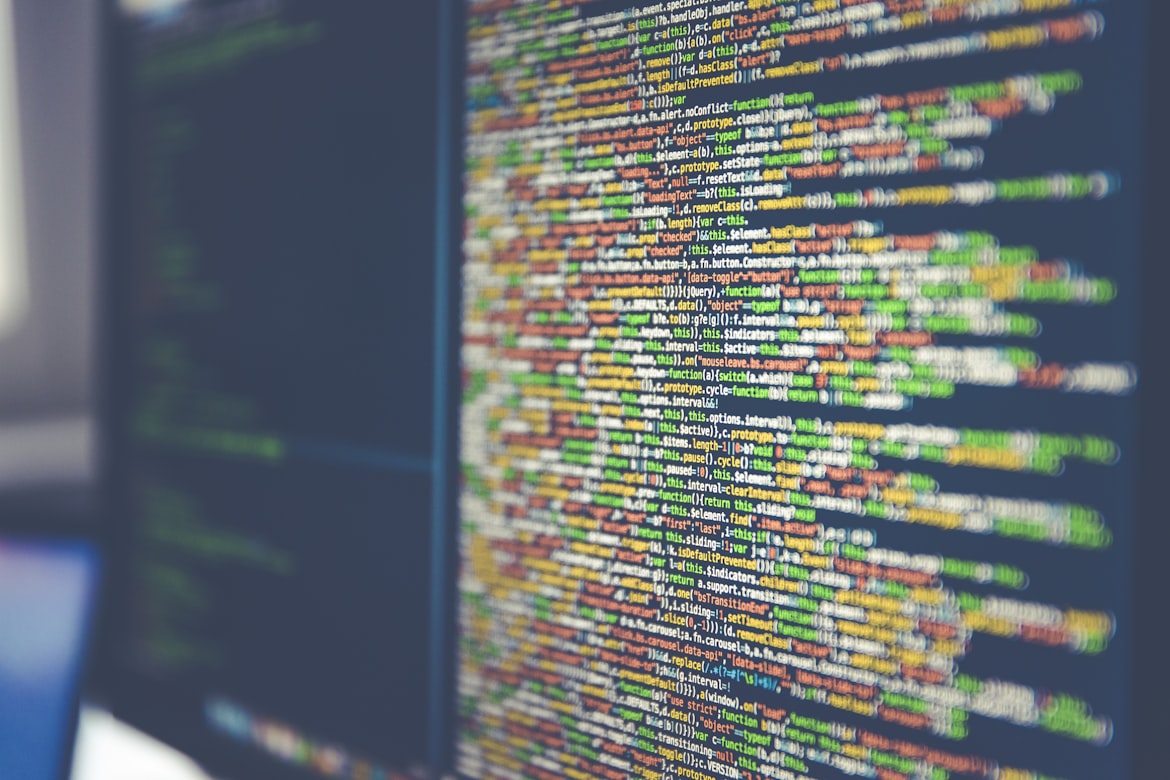
Ensuring that your data is future-proof requires a combination of advanced forensic techniques and proactive measures. Here are some practical steps you can take to safeguard your data:
- Invest in Advanced Forensic Tools: Utilize the latest forensic tools and technologies to stay ahead of emerging threats. This includes tools for mobile device forensics, digital video forensics, and other specialized areas.
- Regular Updates and Audits: Regularly update your data protection strategies and conduct audits to identify potential vulnerabilities. This proactive approach helps address any issues before they become significant problems.
- Training and Awareness: Educate your team about the latest data security practices and potential threats. Awareness and training are key to preventing data breaches and ensuring that everyone is prepared to handle security challenges.
- Collaborate with Forensic Experts: Work with forensic experts to develop and implement effective data protection strategies. Their expertise in handling emerging technologies and threats is invaluable for ensuring the security of your data.
As technology continues to advance, the need for effective data protection and forensic solutions becomes increasingly important. At Eclipse Forensics, we are committed to staying ahead of these changes and providing our clients with the tools and expertise needed to secure their data.
Our services in mobile device forensics, digital video forensics, and computer forensics are designed to address current and future data security challenges. By investing in the latest forensic technologies and employing a proactive approach, we ensure that your data remains protected against emerging threats.
To learn more about how we can help you future-proof your data, contact us today. Our team of experts is ready to provide the support and solutions you need to stay ahead in the ever-evolving digital landscape.







